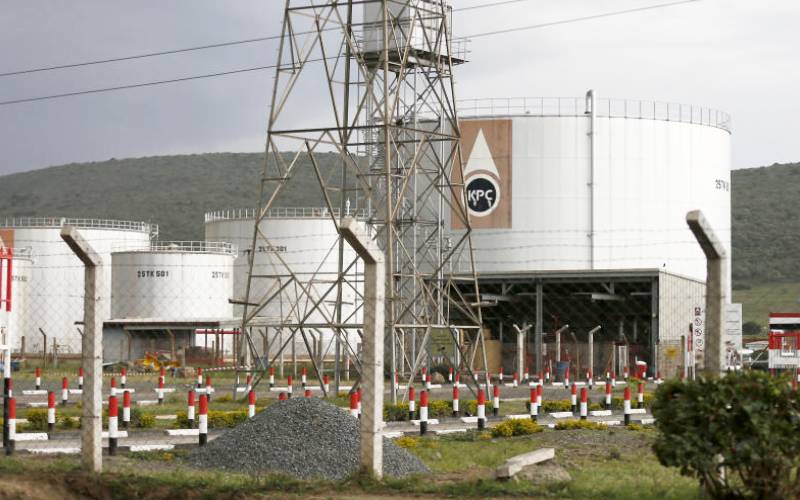×
The Standard e-Paper
Fearless, Trusted News

Court papers read that Kenya Pipeline was allotted the property on January 8, 1988.
The Judiciary is embroiled in a vicious war with the Kenya Pipeline Company (KPC), which accuses it of grabbing a piece of land in Industrial Area, which had been previously grabbed and repossessed.